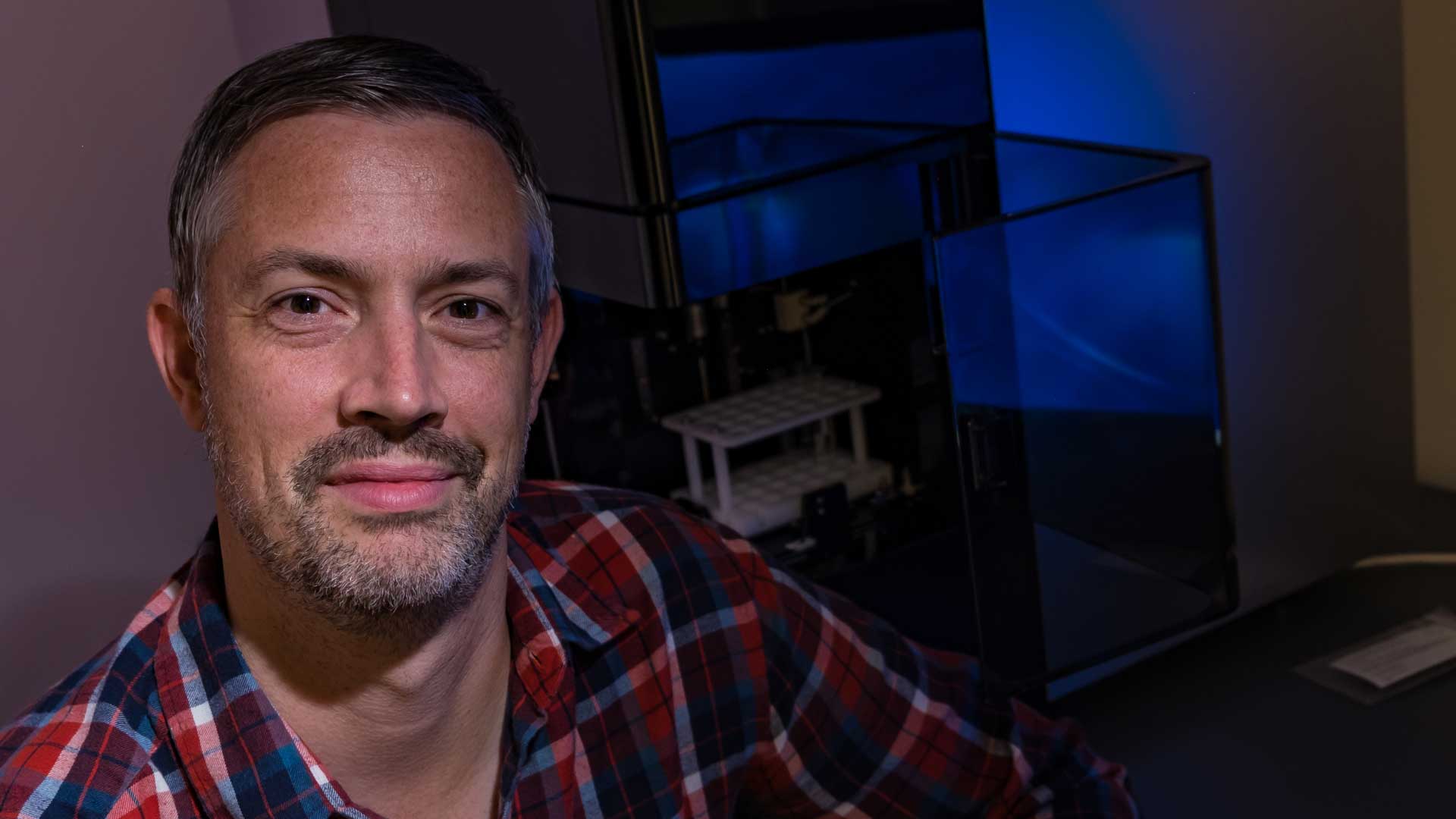Caleb Bashor, assistant professor of bioengineering and biosciences at Rice University, has been awarded a four-year grant from the National Institutes of Health totaling about $1.5 million to explore the feasibility of a new strategy for engineering artificial protein signaling networks within cells as a way to transform them into living therapeutics that can be deployed in patients to diagnose and treat diseases.
Engineering cells to sense signals associated with disease and respond therapeutically has been a longstanding goal for developing safer and smarter cell-based therapies for disease. However, current approaches to reprogramming cells to do this are underdeveloped, rely on design strategies that are challenging work with, or result in circuits that operate slowly.
“The grant,” Bashor said, “is for extending a novel technology platform developed by my lab that allows us to build signaling networks that operate with quantitative precision and on a fast timescale. In addition, we have developed design rules that make them much easier to work with.”
He added that his strategy “could be used to reprogram a variety of human cell types and could furnish transformative cell-based treatment solutions for a number of diseases including cancer, autoimmune disorders and COVD-19.”
Bashor earned his Ph.D. in biophysics from the University of California at San Francisco in 2010, served as a postdoctoral research fellow in the Institute for Medical and Engineering Science at MIT, and joined the Rice faculty in 2018.

